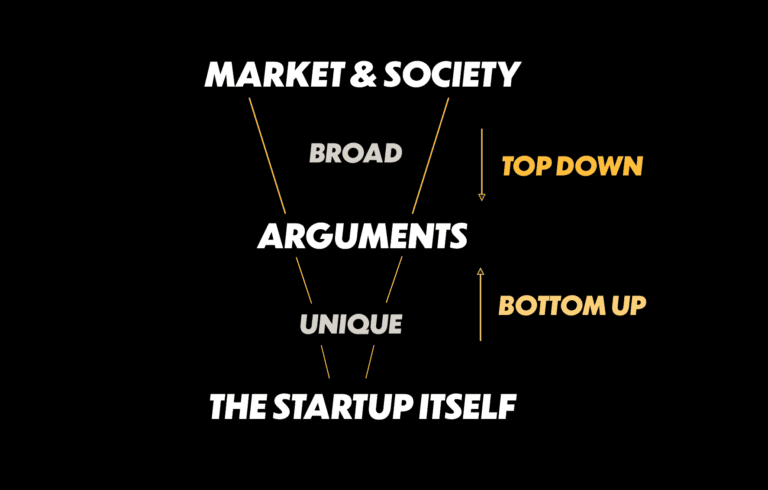What comes to mind when you think of revenue models? Have you considered all the possible ways you can generate a profit with your online platform? In this article, we discuss three common revenue models: commission-based, subscription-based, and advertising-based.
- Commission-Based Model
The commission-based model is by far the most popular revenue regarding online marketplaces. Within this model, a user is charged a fee for each transaction that returns profit (whether that be a percentage of a fixed price) to the platform. This model is ideal for businesses with smaller transactions (such as car or property rentals), websites that offer classified ads for different businesses, and services that offer value in return for payments.
Pros:
Attracts More Suppliers: The commission-based model is so popular because it simplifies the buying and selling process. Users only pay when their items are sold, which ultimately reduces the financial risk a business takes by placing their goods/services on the platform.
Monetization with Every Transaction
With the commission-based model, every time a user pays for or sells an item, the platform turns a profit. With this guaranteed form of income, the marketplace is easily able to generate revenue based only on the success and interaction of its users.
Cons:
Providing Enough Value
The main challenge for commission-based online marketplaces is providing enough value for both parties (the buyer and the seller). If your platform doesn’t offer enough value, then users will begin to find a way to communicate with suppliers directly, rather than use your platform.
Pricing
Another notable challenge this marketplace business model encounters is the setting of the prices for services. Should you be charging a percentage of each transaction? Or a fixed fee? Should you charge only one party or both? How much can you charge your customers so that you are making a provide while also not scaring them away? With this method, it’s about finding that happy medium, where users are comfortable enough with the fees to stay while you are also able to generate revenue.
2. Subscription-Based Model
The subscription-based model works to generate value through subscribers, where users are charged to gain access to the goods/services of the platform. The appeal of a subscription-based model is better outreach to clients, an ability for suppliers to find new clients, and getting access to the database of potential clients or partners. The online platform does not involve itself directly in the transaction, and instead has the seller arrange those steps.
The subscription-based model is best for online marketplaces that do not have the resources to facilitate the transactions between the users.
Pros:
Fixed Revenue
The subscription-based model allows you to have a decent understanding of your monthly revenue consistently, as you simply look at how many subscribers you have versus the amount you charge per subscription. This revenue model is great for the marketplace if you already have a community of clients that you trust, and who are willing to pay for services you regularly supply.
Easily Accessible
Depending on the pricing of your platform, it is relatively easy to convince users to join your platform. With reasonable pricing points, and perhaps a feasible entry level, your platform because easily accessible to individuals who might be interested in your product.
Cons:
Providing Enough Value
The main challenge of the subscription-based model is providing enough value so that the users understand the benefits of subscribing. If you are unable to convince customers or other interested parties, your revenue is significantly diminished.
Data Security: With an ongoing subscription service, it is fundamental to have the means to protect your users’ privacy. As opposed to one-off purchases, you are in possession of your customers’ personal information (methods of payment, contact information, etc). The risk of a data breach also risks the trust and loyalty of your customer base.
3. Advertising-Based Model
The advertising-based model is an online marketplace revenue model where sellers buy advertising privileges to increase their visibility on the platform. Individuals selling their goods/products pay to have a featured listing higher than others or be at the top of a certain category provided that all other listings are free to post. Advertising and featured listings are common not just in the online marketplace, but even on other eCommerce platforms. They do not charge for listing the products, and instead, earn revenue from featured ads and sponsored listings.
Pros:
Click Dependant Revenue
Ultimately, the monetization of this revenue model depends on the number of clicks, just like Google Ads. Being dependent on clicks makes it a generally simple way to generate profit; you post a customer’s ad and generate income based on that.
Cons:
Hard to Monetize
With this model, it is difficult to get enough users interested in paying for featuring their listings. Moreover, it is even harder to have a balance between free and paying users. Usually, free users will outnumber paying users.
Keeping Users on the Platform
Another challenge the advertising-based model poses is that too much advertising can harm the business. The oversaturation of advertising may very well discourage your users from using your platform. Ultimately, your platform depends on the popularity and user base so it’s essential to keep them in your favor.
Final Thoughts
Although these are prime examples of the common types of revenue models, many more exist. How can you find one that works best for your business? At Unknown University of Applied Sciences, we can help you find that answer.
Our cutting-edge curriculum is catered to the development of your business, and we make it our mission to provide you with the proper education required to take your business to the next level. Our Master of Science in Scaling Up offers courses that discuss different revenue models, and what can best be applied to your business, as well as a range of topics such as: expanding into new markets, streamlining business operations, and diversifying your product. At Unknown University of Applied Sciences, we help entrepreneurs prioritize the growth and success of their business while earning a fully accredited Master’s degree.









